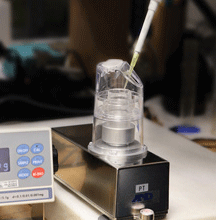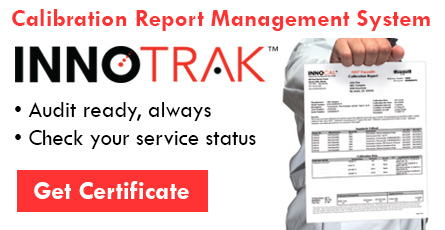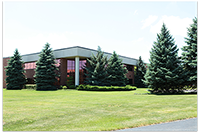Research, production, and testing all use scales within their processes. As a measuring instrument, the precision of the scale is fundamental to its use. If the scale is reading off, even slightly, you won’t be able to trust the results. This could call into question your research or count accuracy. It will certainly slow down your operation as you re-check weights.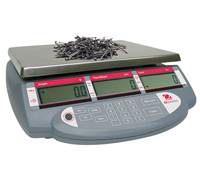
Scales include:
- Counting scales
- Industrial scales
- Floor/bench scales
- Compact bench scales
- Hanging scales
- Food/portion scales
- Price/shipping scales
Scales designed for applications in the food processing, pharmaceutical, and chemical industries depend on specific weights for packaging, shipping, and more. Make sure your weighing right—and your processes are not compromised.
To sustain your scale’s precision, InnoCal’s ISO17025 accredited calibration lab maintains highly accurate comparison standards. We can customize test points to your specific needs including those dictated by USP. Plus, you will receive a certificate with all the necessary data and information to ace your next audit.





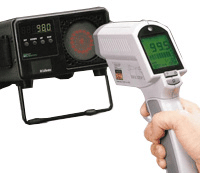
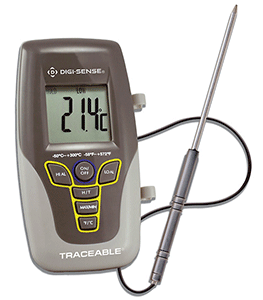
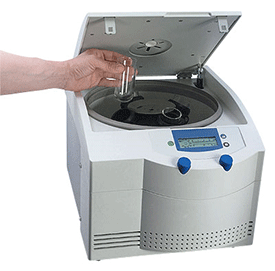 To maintain reliable performance with lab instruments, get them calibrated by a trustworthy service. Instruments should be calibrated to national standards, primarily those maintained by the National Institutes of Standards and Technology (NIST). You may be tempted to use a low cost calibration provider to preserve budget dollars. Yet, if the calibration is not done correctly or does not meet compliance standards, you’ve wasted both time and money.
To maintain reliable performance with lab instruments, get them calibrated by a trustworthy service. Instruments should be calibrated to national standards, primarily those maintained by the National Institutes of Standards and Technology (NIST). You may be tempted to use a low cost calibration provider to preserve budget dollars. Yet, if the calibration is not done correctly or does not meet compliance standards, you’ve wasted both time and money.